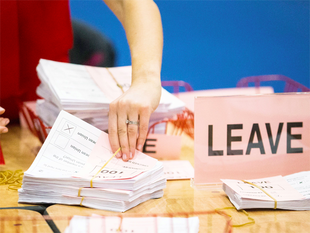Reprinted from Wallwritings
A Jewish mother hears her family cheering. She cries out, "what happened?" One of the men gathered around the radio, shouts back, "Mel Ott just hit a home run!"
She responds, "Is it good for the Jews"?
That is the version of the story I first heard in my sports writing days. Ott was not Jewish, but he played for, and managed, the New York Giants, which had a large Jewish fan base.
Stanley Fish explained the importance of the question of what is good for Jews, when he wrote in the New York Times, March 4, 2007:
"When I was growing up in the '40s and '50s, a single question was asked in my neighborhood of every piece of news, large or small, local or national: 'Is it good for the Jews?' We have now learned to identify this question in all of its versions -- Is it good for the Catholics? Is it good for the Latinos?
"Is it good for the gays? and on and on -- as the paradigmatic question of identity politics, the politics that is derived not from some general, even universal, assertion of what is good, but from a particularized concern with insular interests. Is it good for us, for those of our kind, for our tribe?"
It is no surprise that on both sides of the Atlantic, tribal media from all persuasions responded to the surprising Brexit vote with the Jewish mother's question, "is it good for us?"
In the picture above, Mark Regev, Israel's new ambassador to England, meets Queen Elizabeth for a private audience at Buckingham Palace, London, June 24, the day after the Brexit vote.

It is to be assumed the rejection of the European Union by the majority of the Queen's subjects, was a major topic of their conversation.
In a story from Britain's Independent, Regev is described as a staunch defender of Israel's "security." He is the former official spokesman for Israel's Prime Minister, Benjamin Netanyahu:
"The new ambassador will be one of the most high-profile members of the London diplomatic circuit, especially following the media exposure he received in his previous job [as media spokesman].
"He will also bring with him a reputation for great tenacity in putting forward his country's case during times of crisis, and infuriating critics while doing so."
From the U.S. progressive left, Robert Parry writes in Consortium News, that the June 23 Brexit vote to exit the EU by the margin of 52% to 48%, could be good news for the powerless.
In the quotation below, Parry concludes with a nice turn inspired by Reinhold Niebuhr:
(Note: You can view every article as one long page if you sign up as an Advocate Member, or higher).






